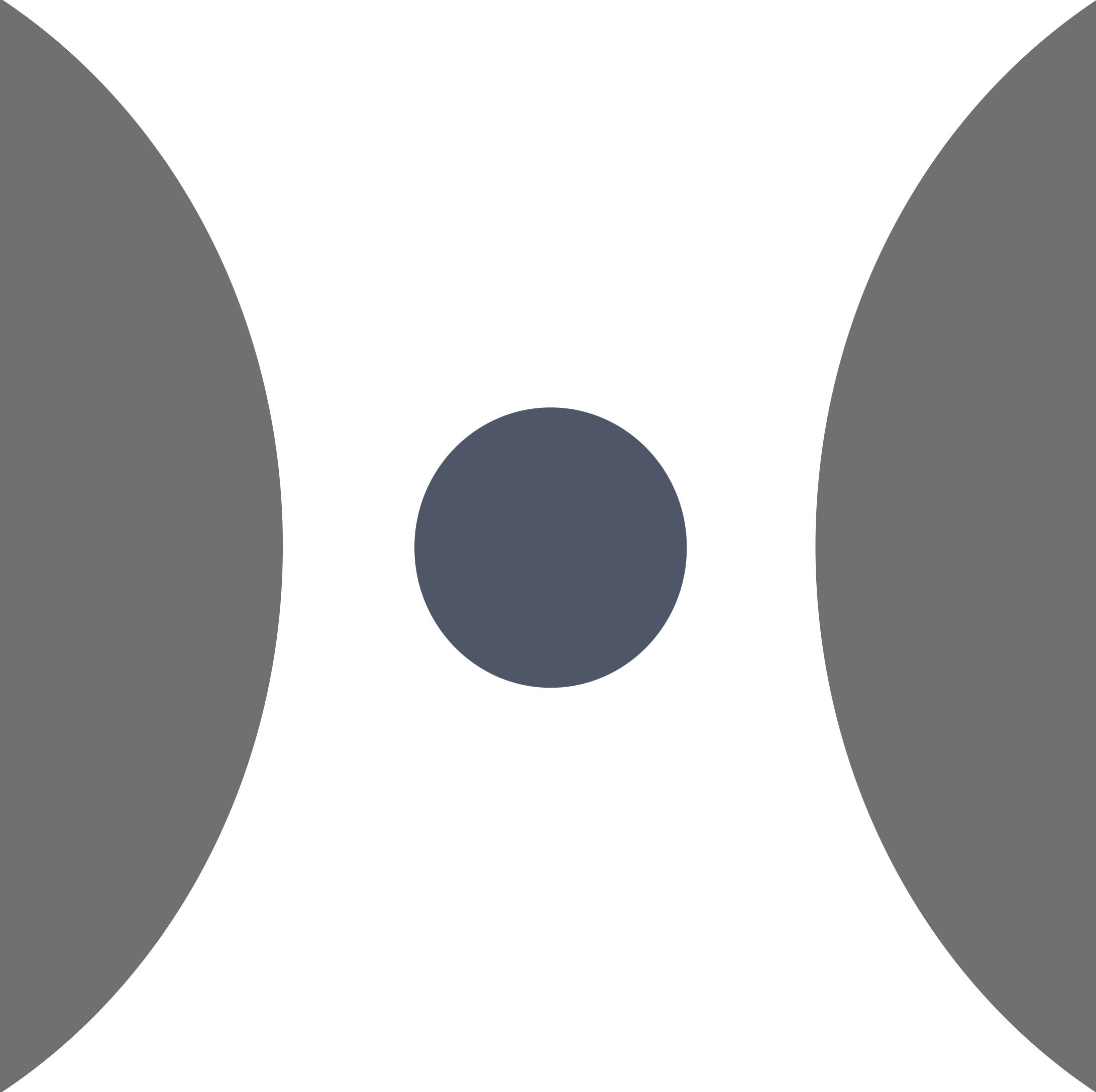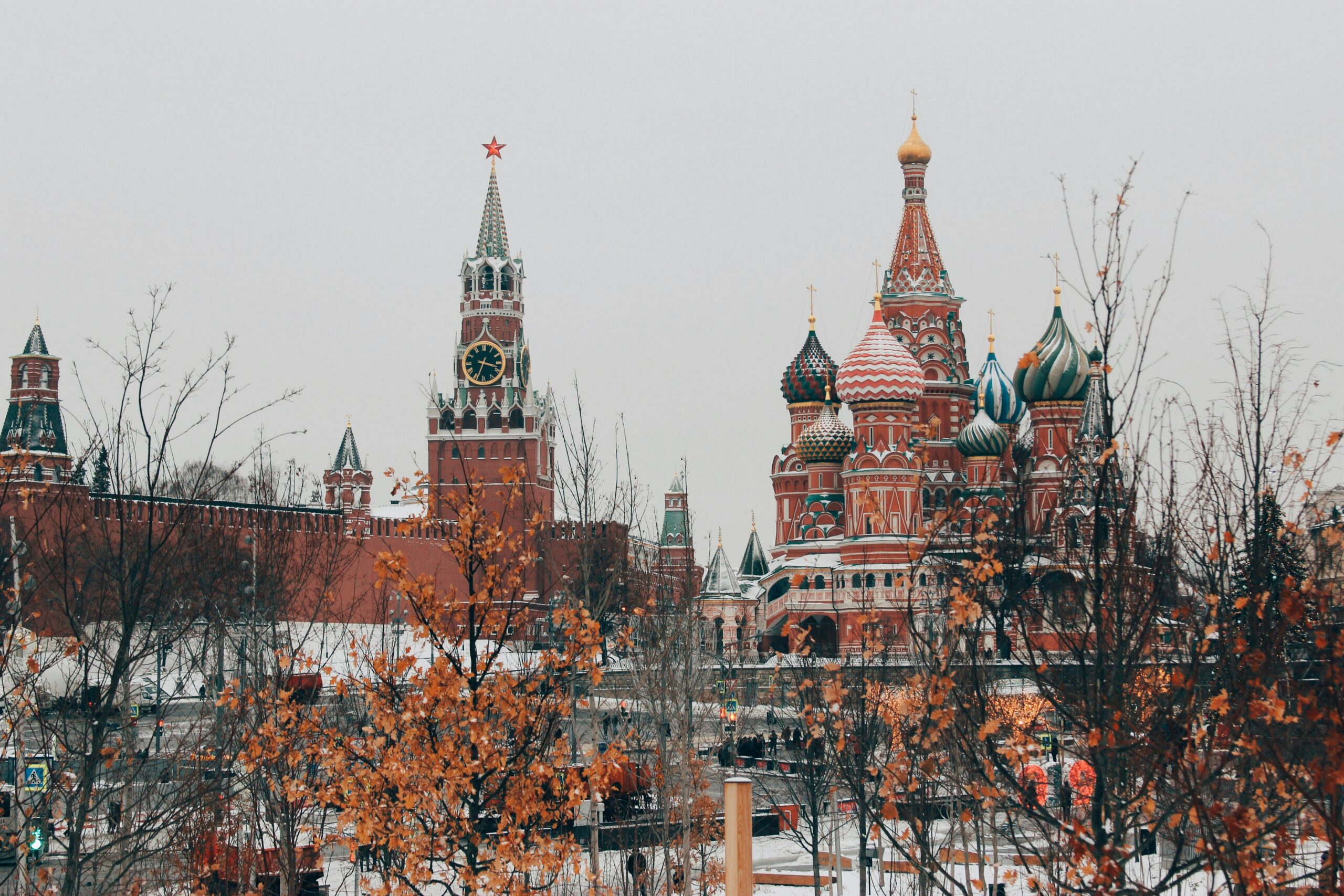Putin, Carlson, and the US Empire
Late last week, US journalist, Tucker Carlson, released a two-hour video interview with Russian President Vladimir Putin. The interview was a major event not so much because of its content but because of Carlson’s platform. While Putin did not say anything fundamentally new, he clearly offered negotiations and outlined what their basis should be. Unsurprisingly, most Western media either ignore this or dismiss it as a ploy. Nevertheless, the video and the public reactions to it offer important insights about the state of world affairs.
Tucker Carlson
Carlson is a conservative—some might call him “right-wing”—figure of US journalism. But an enfant terrible at that. For the past 4 or 5 years, Carlson has thoroughly alienated elite-republican orthodoxy by straying from the path of “good” party-republicanism. He took an independent stance on issues like corona vaccines, freedom of speech (which he defended even for hard-core black left socialists), and especially the US war-state.
He mostly (but not completely) rejects US involvement in foreign wars and has pleaded repeatedly for more investment in local issues like poverty and the sorry state of US infrastructure rather than foreign European or Middle-Eastern wars. This led him to host even left-wing voices like Jimmy Dore or Glenn Greenwald on his previous show on the conservative Fox News TV channel—despite his outspoken support for Donald Trump.
Carlson does issue-based journalism with a clear—sometimes strong—ideological bent. However, when he invites guests on his show (which he does independently now, after Fox News fired him last year) he lets them talk. This has earned him a large audience among people who view mainstream media as biased and dishonest. Carlson has his biases, too, but he doesn’t hide them. He tells his audience about his beliefs and then lets them make up their own minds.
A testimony to the sorry state of mainstream media
Hence, when the announcement came that Carlson would interview Vladimir Putin the media buzz was tremendous. Fascinating about this is that Putin didn’t even say anything groundbreaking. Most of the points he made about Russian-Ukrainian history (intimately intertwined), the state of the war (Russia grinding down Ukraine), the reasons for the war (NATO expansion), and the goals of Russia (eliminating a border threat) he has professed before on various national or international events. The outrage of Western news media really stems from the fact that for the first time, they were not able to frame those statements in their own ideological terms. The open platform Carlson offered was the shock to the establishment, not the content. An unfiltered Russian viewpoint for the Western masses. What an insult!
This reaction is itself insightful about the sorry state of the Western media. Anyone who has been paying even just scant attention to Western journalism over the past 10 years has by now noticed the unmistakable trend toward supervised thinking. Large segments of public media engage in bogus “fact-checking” or outright censorship to guide readers, viewers, and listeners toward certain conclusions and away from others. During corona, these attempts have been most blatant and brutal, but they are by now a staple of “polite society” in the US and Western Europe. Many elites in politics, media, and even academia think the general public is not smart enough to come to “the right conclusions,” unless they are spoon-fed appropriate narratives.
Hence, Propaganda in the West is at an all-time high. Anti-Russian sentiment, for instance, is so much en vogue that all and any voices calling for a rapprochement with Moscow are immediately decried as “Putin lovers” or worse. Even former US Ambassador and Assistant Secretary of Defense, Chas Freeman, attested last year that the anti-Russian hysteria in the media has surpassed the frenzy of McCarthyism of the 1950s.
That the Carlson interview has also been a big deal in European media, where even in Switzerland almost every paper felt obliged to report on it—and mostly bad-mouth or downplay its content—is symptomatic of our media’s total journalistic dependence on US agenda-setting and an expression of trans-Atlantic ideological synchronization.
Nothing new but something important
However, the two-hour interview did reveal some important aspects of world affairs. First, to me as a peace and neutrality researcher, it was surprising to hear Vladimir Putin come back to the Istanbul Agreements more than once.
Istanbul was famously the place where in late March 2022, a month after Russia’s invasion began, a peace agreement almost was concluded. Ukrainian and Russian officials met there after they had already negotiated via Belarusian and Israeli mediation. The process had gone so far that by the end of March, Volodymyr Zelensky himself announced he was willing to negotiate Peace with Russia based on a neutral status for Ukraine, security guarantees, and territorial integrity. Many hopeful analysts published a flurry of articles about this coming neutrality and much was speculated, as no details were disclosed. It seems that the Donbas would have remained part of Ukraine under this scenario and the question of Crimea might have been put on hold for a decade.
However, after a few days of silence in early April and a meeting between Zelensky and Boris Johnson on April 9, the peace process completely collapsed. All we remember in the West today is that in that week the “Bucha Massacre” became an infamous “proof” that Russia was a barbaric nation of butchers that indiscriminately kills civilians. While the Russians kept saying they were not responsible for those deaths and wanted to conclude the Istanbul agreement, the Ukrainians (and their Western supporters) professed that after Bucha, there was no more possibility for peace talks. Ever after this hopeful moment for a quick peace, the war turned into the protracted trench warfare as we know it today.
In the interview, Putin emphasized, as he and other Russian officials had done many times, that the Istanbul agreement was actually sabotage by London (at the behest of Washington). That is another thing most Western media outlets either ignore or call a lie, despite even Ukrainian diplomats attesting to it. Putin also, surprisingly, said that Ukraine should come back to the Istanbul process.
In fact, Putin has been talking about this missed opportunity for more than a year, and that the draft agreement (allegedly) already carried the signatures of the Ukrainian delegation. He even once waved a paper at a meeting with African heads of states, claiming that it was the agreement. Yet he never made it public. I have been wondering why since it would be a simple propaganda victory for him. One explanation, of course, is that Putin is lying and there never was a provisional agreement.
Yet, at the interview, a second more plausible explanation emerged, namely that the Russians still believe the draft agreement can be the basis for future negotiation and hence must remain confidential. If Russia made it public, that would immediately discredit its content as “Putin’s goals” and hence make it much harder for any Ukrainian—or Western—consensus to emerge around them. Putin thinks in terms of political processes, and this seems to be one he wants to keep open.
Putin said that for Ukraine to walk away from the agreement was “a mistake,” which should be corrected somehow. This is a clear invitation to use what has been achieved in Istanbul as the basis for future negotiations. Naturally, this does not mean Russia is willing to grant the same terms as in the agreement, but it does signal that something similar can be aspired to, despite a completely different battlefield reality today than in April 2022.
In the meantime, Russia has made the Eastern Ukrainian lands that its army occupies state territory, and it is difficult to see how Putin could walk that back. However, we still don’t know what exactly the terms of the Istanbul agreements were, and it seems that neither Russia nor Ukraine want to disclose them officially, which does speak for the interpretation that both sides still view this as a possible middle ground to commence negotiations from.
Probably the most important part of the Istanbul agreement is a neutrality clause in which Ukraine would promise not to seek NATO membership anymore. This has been a Russian core demand for years, and it was the (unspoken) core of Russia’s December 2021 draft treaties proposed to NATO and the US—which they flatly rejected—before the full-scale invasion two months later.
Russian and Western realists alike have been saying for years that to defuse the situation between Ukraine and Russia, Ukrainian neutrality, the way Austria became neutral in 1955, would be the most obvious solution. However, the West’s relentless narrative that Russia is an expansionist power wanting to reconstruct the Soviet Empire has been used to discredit such a solution from the start.
That Vladimir Putin in this interview mentioned Ukrainian neutrality twice does signify to me that Russia has not given up on the idea and might be willing to make many concessions in return for a true and lasting solution. That this would have to go hand in hand with a radical political and ideological change in Kiev is also clear, but it seems Russia still believes that such an outcome is not impossible.
Nicolai N. Petro, a professor in political science at the University of Rhode Island and the author of “The Tragedy of Ukraine” also believes that at some point the leadership of the Ukrainian nationalist might in fact turn around and agree to a neutral Ukraine (in whatever borders this will be) rather than risk the total destruction of the state. While this might be just wishful thinking, it seems that the Kremlin also still believes a diplomatic settlement will emerge at some point.
Realignment of the US War State
A second important but much-overlooked insight from the Carlson interview is that it shows how, even among US conservatives who are highly critical of the US proxy war in Ukraine, there are many—including Carlson—who want to focus US fire-power not on Russia, but on China.
There was a very telling moment in the interview when Carlson asked Putin “maybe you trade one colonial power for another, much less sentimental and forgiving colonial power” with which he meant the US might want to realign with Russia eventually, but that for that purpose Russia’s current realignment with China was a bad idea.
Putin immediately pushed back against this interpretation, calling Carlson’s views on China a “boogieman story” that he had heard before. Putin assured Carlson that Russia and China knew how to get along because of their shared border and history. There also is little alternative, he said, since one can’t choose one’s neighbors.
Although Russia and China do not speak of their relationship as an alliance, the Western media has repeatedly interpreted the increased collaboration over the past years as such and Carlson belongs to the group that regrets this not because it increases Russia’s ability to trade and develop, but because he would rather see Russia in an alliance with the US against China. Carlson, much like Trump is a China-hawk, not a peace activist. Ben Norton, another US journalist, has analyzed and documented this aspect of the Carlson interview in great detail.
In sum, the future of US foreign policy will hinge on US congressional politics, the presidential elections in November, and the development of Israel’s genocidal actions in Gaza, which might still drag the US into a wider Middle-East war. Depending on how these things go, we might remember this interview as a foreshadowing of the US Empire’s realignment strategy away from the European theater of war, and toward an East Asian one.
Photo by Michael Parulava on Unsplash


